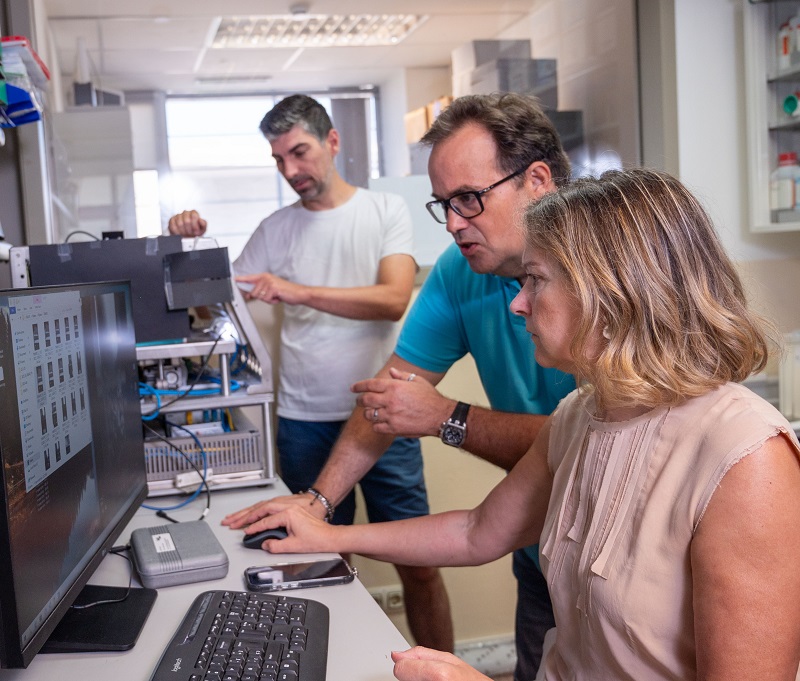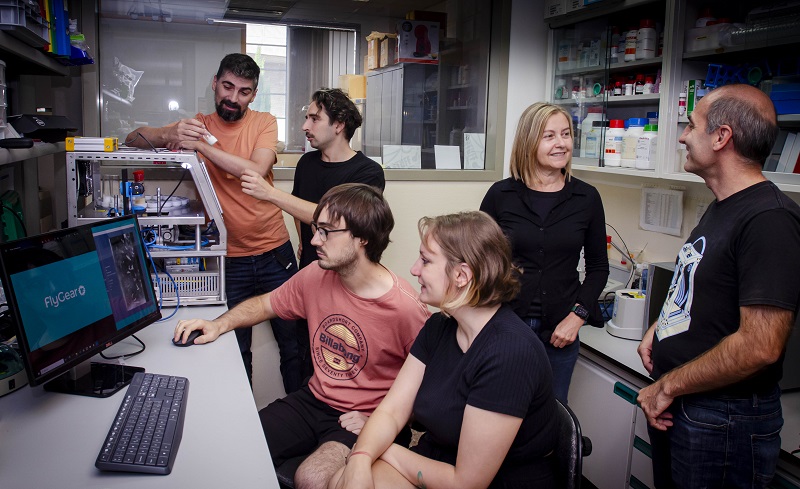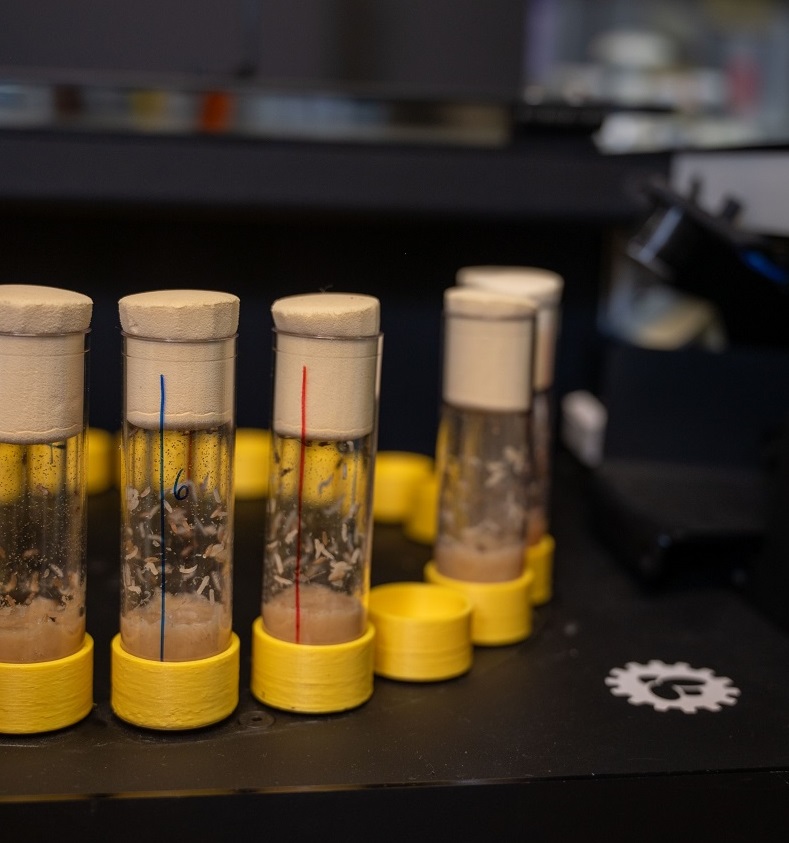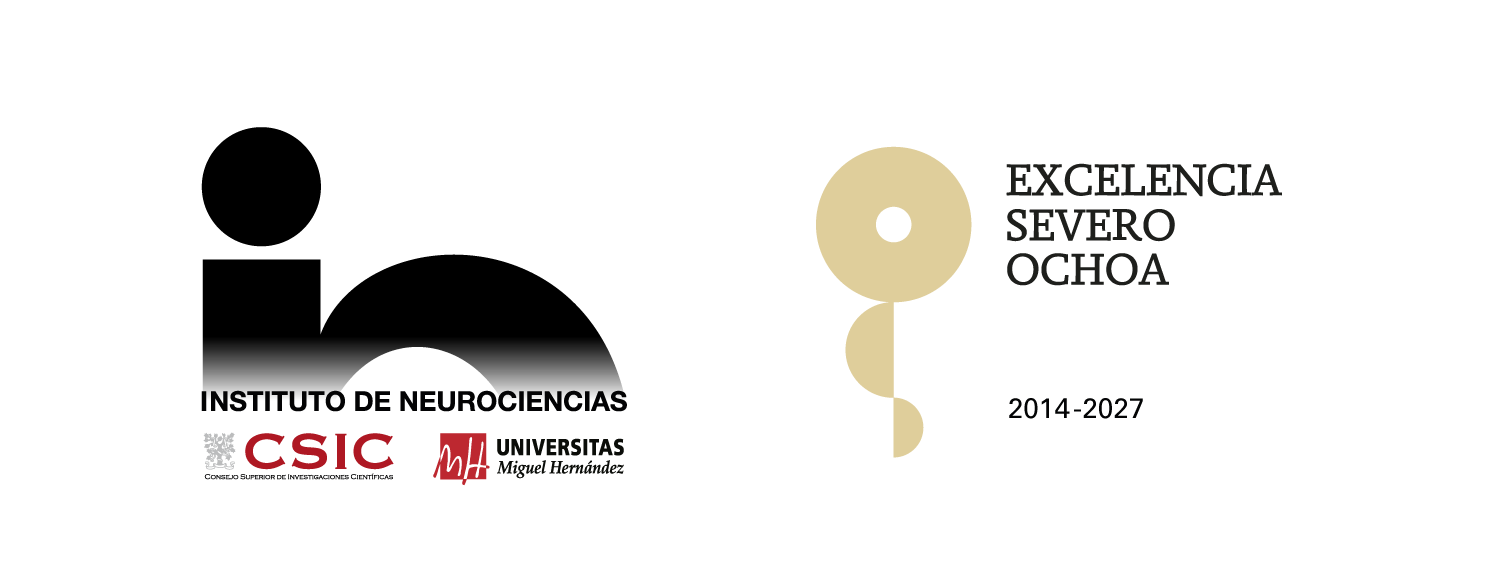Ivace+i funds a platform to predict health problems in the elderly and accelerate new drug research
8 de July de 2025
- The ‘Frailty’ project involves the creation and optimization of an automated robotic system to study aging.
- The system will allow for monitoring this process in both healthy individuals and those with accelerated aging-related diseases.


The Department of Innovation, Industry, Trade and Tourism, led by Marián Cano, is funding, through Ivace+i Innovación, the development of an automated robotic system to study the different stages of aging. The initiative is based on research involving the fruit fly (Drosophila melanogaster), a key animal model in drug discovery and nutrigenomics related to aging.
The project leverages artificial intelligence, high-performance computing, and computer vision, a technology branch focused on detecting diseases through medical imaging such as X-rays or MRIs.
The project, named ‘Frailty’, is led by Dr. María Domínguez, Research Professor at the Spanish National Research Council (CSIC) at the Institute for Neurosciences, a joint center of the CSIC and the Miguel Hernández University (UMH) of Elche. The initiative also receives financial support from the European Union through the European Regional Development Fund (ERDF) program for the Valencian Community for the 2021–2027 period.
This technology will streamline and facilitate the identification of changes that can help predict the stages of pre-aging, the initial phase of decline in which early signs of diminished capacity appear, and the frailty period, during which deterioration can lead to serious health complications.
The ultimate goal is to develop a bio-hybrid system capable of high-precision analysis of the impact of aging on physical and neuromuscular functions, both in healthy individuals and in those with accelerated aging-related diseases.
The tool will enable faster, more effective, and cost-efficient interventions before conducting expensive studies on more complex animals or preclinical trials. Overall, the project’s success will pave the way for early detection or preventive action.
An automated system that makes a difference
Unlike traditional methods, which rely on manual or semi-automated observations, this platform integrates multiple automated systems, including a robot designed and patented by the research team behind the project.

The main advantages of this unique approach are several. First, the full automation of data capture and analysis will eliminate human error and reduce operational costs. Second, subtle behavioral changes in the fruit flies used in the experiments led by Domínguez’s team will be detected. Third, the system’s high processing capacity will enable the simultaneous analysis of up to 2,000 individuals. Finally, standardized measurements will enhance the reproducibility of studies and the reliability of results.
During the development of the ongoing project, the advanced robot ‘flyGear’ was created and patented in 2022. In addition, other automated devices have been designed for the platform, and technologies from various fields have been integrated, enabling studies that will analyze multiple factors related to aging.
Preliminary trials with adult flies have already been conducted, validating the system’s ability to detect mobility changes associated with aging, frailty, and proximity to death. Additionally, work is underway on the design of data analysis software and the optimization of the user interface to facilitate aging studies using the developed platform. Finally, a commercialization strategy is being prepared in collaboration with consulting support. The resulting dossier from this partnership will analyze competitors, market opportunities, and potential future applications.
Collaborations with companies and research centers
‘Frailty’ includes a cooperative network involving neuroscience experts from the Scientific Program Genetic and Epigenetic Basis of Individuality and Aging at the Institute for Neurosciences, as well as specialists in artificial intelligence, computing, and technology transfer. In addition to the Institute of Neurosciences, which will lead the biological validation of the experimental model and implement the robotic platform for aging studies, the project also involves other research centers such as INCLIVA, which provides guidance on the development of animal models.

The Instituto de Tecnología Informática (ITI) will also support the optimization of data storage and analysis during the project's final phase. Meanwhile, collaboration with the consulting firm Viromii will provide strategic guidance for the platform’s valorization, market analysis, competitor identification, and dissemination of results.
Finally, ‘Frailty’ brings together artificial intelligence experts for the development of hardware, robot control algorithms, and applications to automate behavioral experiments. This is the first time the aforementioned institutions have joined forces to address aging and frailty using advanced technology. However, some of the researchers involved have previously worked on related projects focused on conditions such as Alzheimer’s disease and cancer.
Frailty aligns with the main challenges identified by the Specialized Strategic Innovation Committee (CEIE) in Health, which advocates for the development of innovations to address frailty. Likewise, the solution falls within the core focus areas of the Smart Specialization Strategy (S3) of the Valencian Community, coordinated by the Department of Innovation, Industry, Trade and Tourism.
Source: Generalitat Valenciana
Originally published on: https://comunica.gva.es/va/detalle?id=394136057&site=373432074

 Español
Español